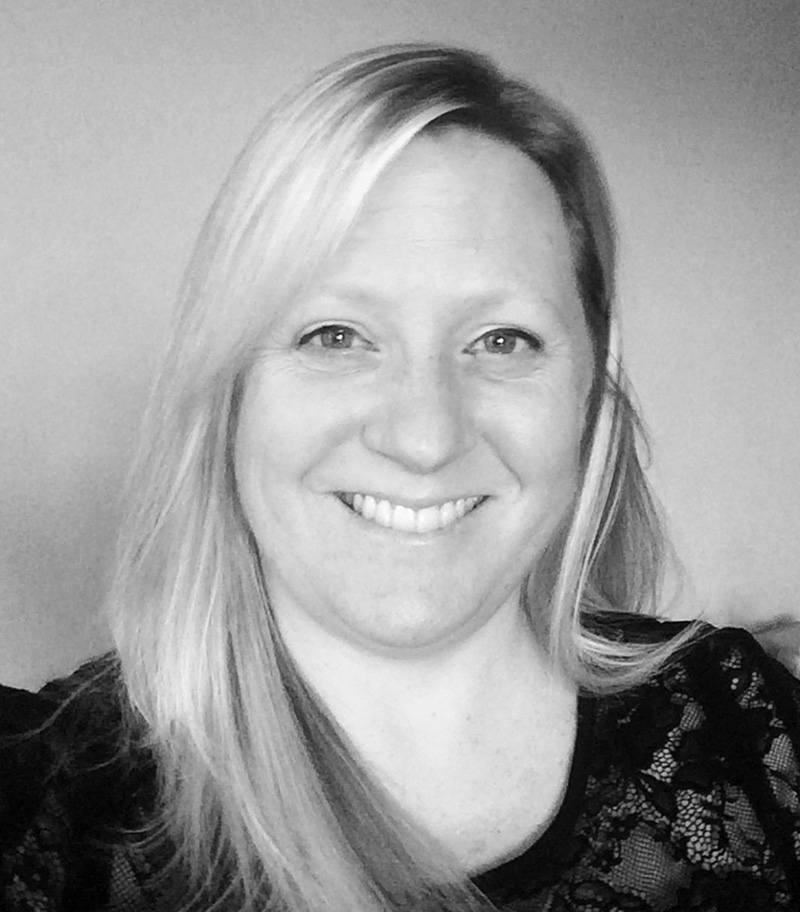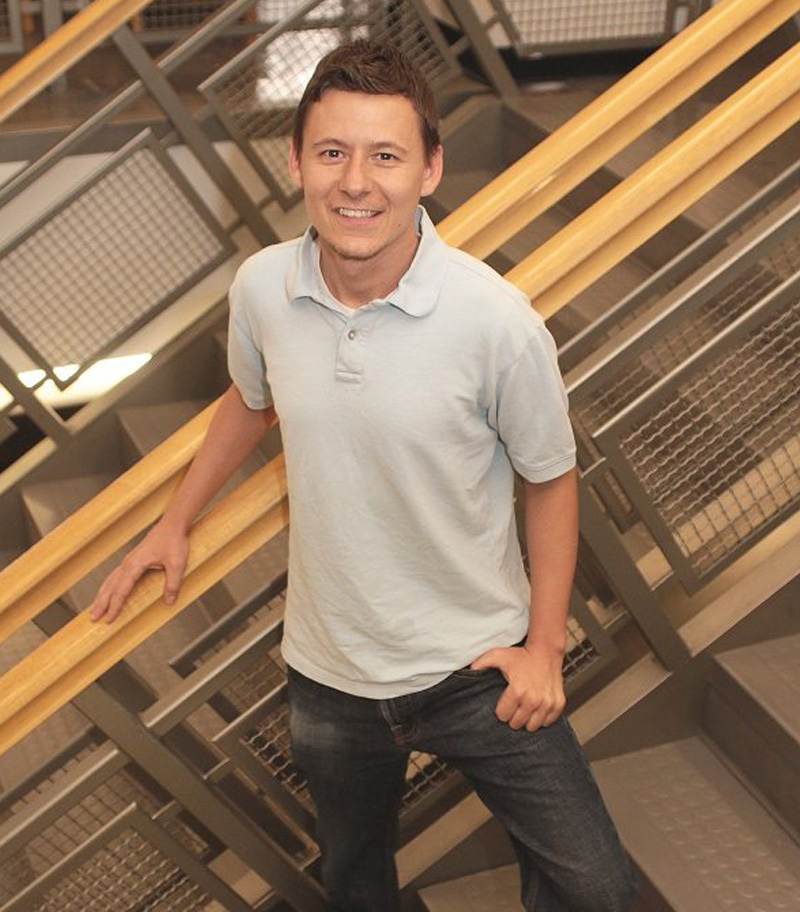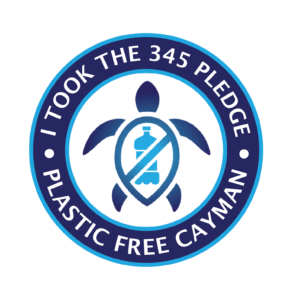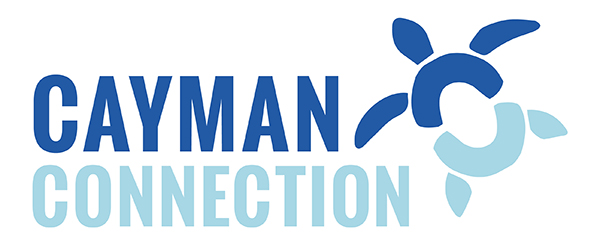The Ocean & Us
Thursday September 30th 2021
It becomes clearer every day how interconnected everything is on planet Earth, and how critical it is to educate ourselves and change our habits if we are to sustain our home for future generations.
The Ocean & Us focuses on the marine environment, the impact climate change and pollution is having on the coral reefs as well as what we can do to make positive steps towards sustainable living.
This week we welcome guests from the Central Caribbean Marine Institute (CCMI) and Plastic Free Cayman to help us understand how interconnected the health of the ocean is to our own health and wellbeing.

Kate Holden, CCMI:
Kate Holden has worked with CCMI since 2009. She has an MSc in Sustainable Development and over 20 years experience as a marketing and communications professional. Kate and her team manage the grant writing, donor management, fundraising, communications and strategic advancement for CCMI – everything is done in house.
Kate took a sabbatical from her career in 2007, to work as a dive instructor in the Cayman Islands. This was her first move to immersing herself in the marine environment for a living and remains her passion today. Kate is determined that the general public is given the opportunity to have a better understanding of the marine environment, via outreach and education from key research discoveries, so they can protect it for the future. Kate is currently completing a PhD in marine sustainability and media with the University of Exeter.
About CCMI:
In 1998, CCMI was established with a vision to ensure we have vibrant reefs and healthy oceans for the future. We do this via cutting edge research, education and conservation. To date, CCMI has run a 20 year healthy reefs survey, which gives unique insight into how our reefs are performing over time. In 2012, we launched the first coral restoration programme in the Cayman Islands and each year, we host hundreds of students from the Cayman Islands and around the World, as well as visiting researchers, at our marine field station based on Little Cayman. Yet what stands CCMI apart is the year round research programme, that investigates how coral reefs can adapt to changing climate. We believe now is the time to further understand coral reef ecosystems, so we can protect them for the future.
One thing CCMI would ask you to do today:
Reduce your footprint: whilst this may feel daunting, reducing our footprint on the marine environment can be done via simple, easy to achieve changes. Whether it is reducing energy consumption by turning off the lights, using less fuel, investing in sustainable energy, or by halting the use of single use plastic wherever possible, small changes can turn into big differences when billions of people make an effort. Also, please consider that all drains lead to the ocean – so making easy, small changes can have profound impacts if we all consider how our daily lives contribute to the overuse or degradation of natural resources.
Support the Cayman Islands via environmental efforts:
The Cayman Islands is one of the most environmentally developed countries in the region: the marine park areas were established in the 1980s and have recently been upgraded to included circa 46% of the coast; the specific species and biodiversity protection plans have sought to balance human needs vs sustaining key species – yet more is still needed, so please engage with local environmental protection laws (wherever you are) and learn how you can help.

www.reefresearch.org
Facebook: @reefresearch
Twitter: @reefresearch
Instagram: Reefresearch

Bill LaMonte, Plastic Free Cayman
Educational Coordinator
Bill has been a science educator for two decades. He began teaching as a Peace Corps Volunteer in East Africa working on education, health and environmental initiatives in local Tanzanian villages. He has since taken his students to 5 different continents studying culture and the environment through community service. Bill teaches science at Cayman International School and is the educational coordinator for Plastic Free Cayman as he aims to empower the youth to help improve environmental initiatives island-wide.
The ocean has always been my playground! I learned to swim at the age of 4, boogie boarded at 7, surfed at 18, white water rafted the Zambezi and Nile, snorkeled the diverse waters of Borneo, Guam, Vanuatu, Australia, and Cayman. It hurts to see our beautiful waters polluted with plastic. It is my hope to educate the current generation of advocates, in order to preserve the ecosystems that inspire an aquatic sense of adventure.
Why: Global plastic pollution is horrific and we are not immune to it on our paradise island. It’s going to take a global effort and local action to make a difference. Are you ready to get started? Making changes starts with us all. Check out these tips from Less Plastic UK and be sure to take our ‘345 Pledge’.

www.plasticfreecayman.com
Facebook:@plasticfreecayman
Instagram:@plastic_free_cayman

Eden Hurlston
Eden Hurlston helped publish an activist underground magazine 30 years ago, and has been interested in social justice and sustainability since then. He learned about permaculture, took a course in the 90s, then practiced, studied and helped to teach permaculture and sustainable landscape design in Hawaii until moving back home to Cayman in 2001. He is a musician, husband, father, full-time rascal, and part of advocacy group Amplify Cayman, who focus on multifaceted sustainability.

The Environment Charter, signed in 2001, sets out 10 Guiding Principles by which the people of the Cayman Islands can preserve their Caymanian way of life, culture and traditions…
The Ocean & Us
Day(s)
:
Hour(s)
:
Minute(s)
:
Second(s)
